Robots capable of autonomous navigation and manipulation with advanced perception and decision-making skills offer tremendous potential to assist people with challenging and repetitive tasks in the service industry, including transportation, logistics, and healthcare.
Recent advances in artificial perception enable robots to have semantic understanding and contextual awareness of their surroundings. Similarly, recent years have seen significant progress in decision-making for autonomous navigation and manipulation in complex situations. However, the gap between robot perception and decision-making remains large, as many techniques continue to rely on separation principles between perception, planning, and control. The objective of this workshop is to inspire the robotics community to pursue techniques that tightly integrate perception, planning, and control to achieve physically and contextually safe robot navigation and manipulation in real human environments.
Robots sharing the same environment with people need novel semantic planning objectives that integrate perception and planning at a high level to generate contextually relevant robot behavior. At a low level, integrated perception and control require new metric and contextual safety constraints to enable physically safe and socially-aware robot behavior. Uncertainty and error quantification in learning-based perception and control is essential for safe and robust robot operation.
This workshop will bring together experts from academia and industry to identify and discuss the current challenges and emerging opportunities in perception-aware robot navigation and manipulation, leading to robot perception techniques that actively plan observations and interactions to acquire informative data and robot planning and control techniques that actively utilize geometric and semantic perceptual information in generating, executing, and adapting robot actions.



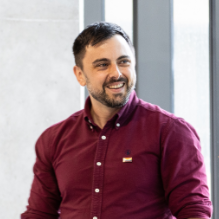




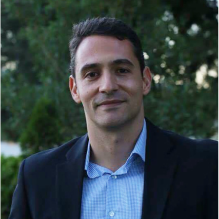
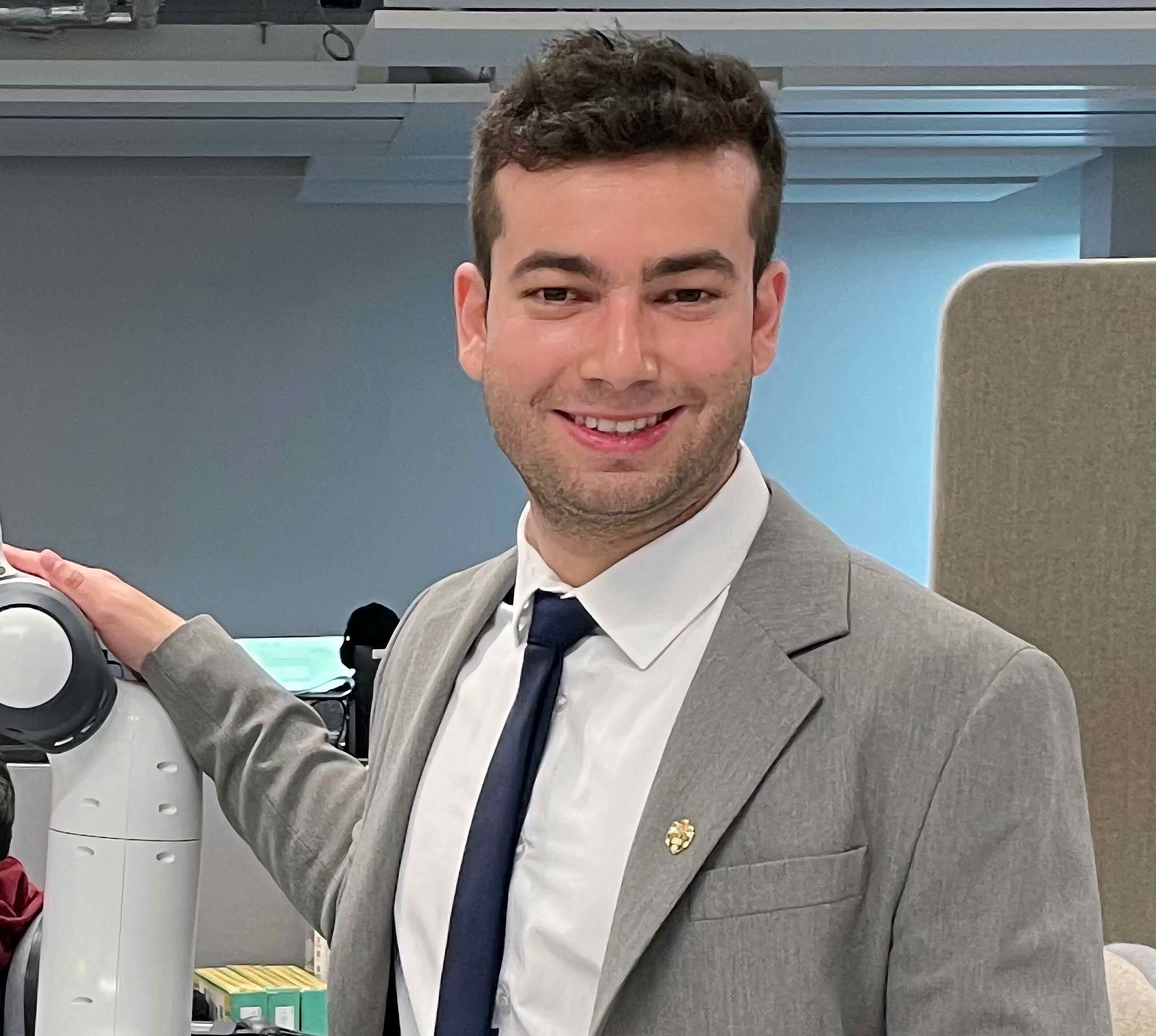
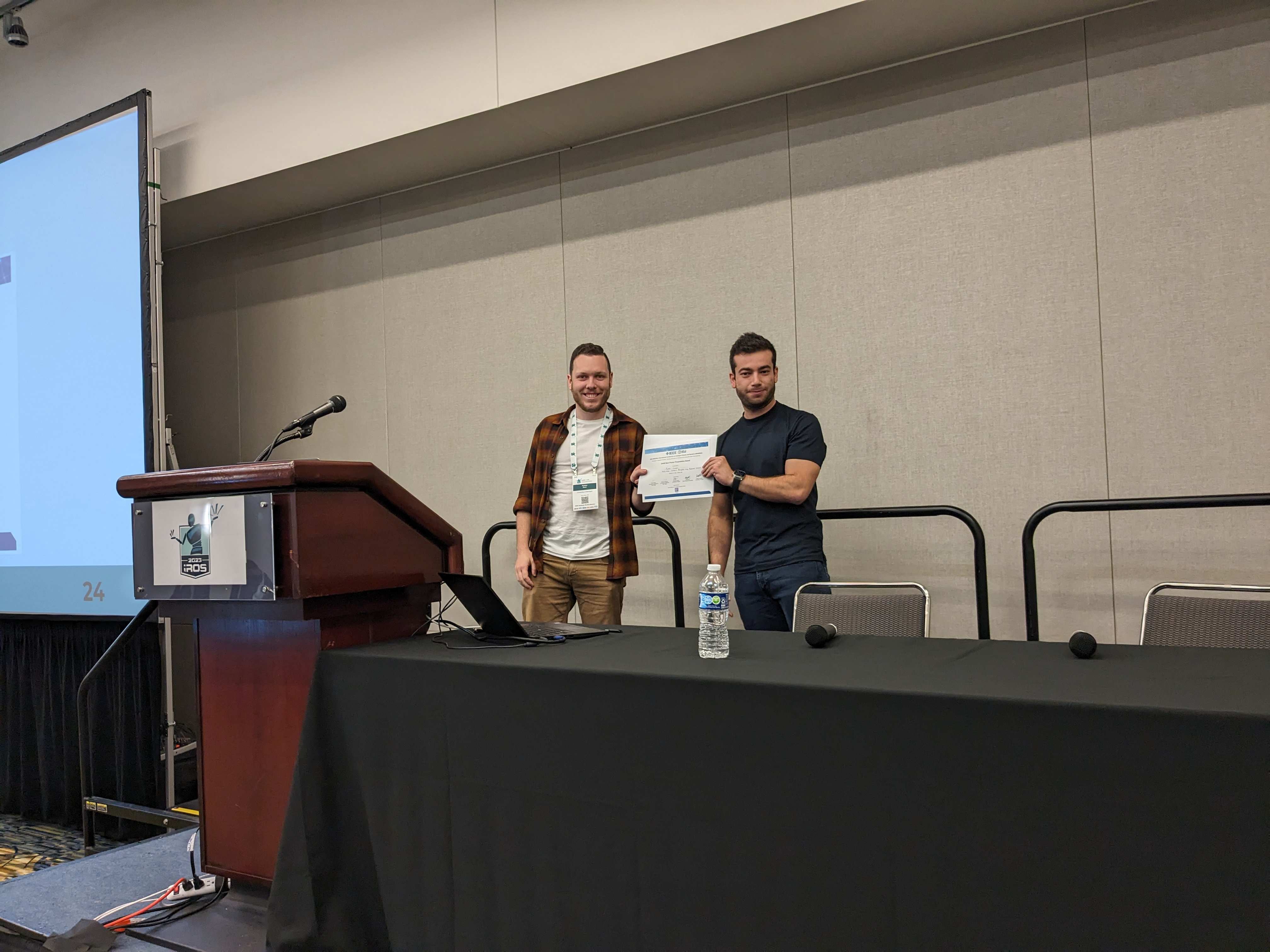
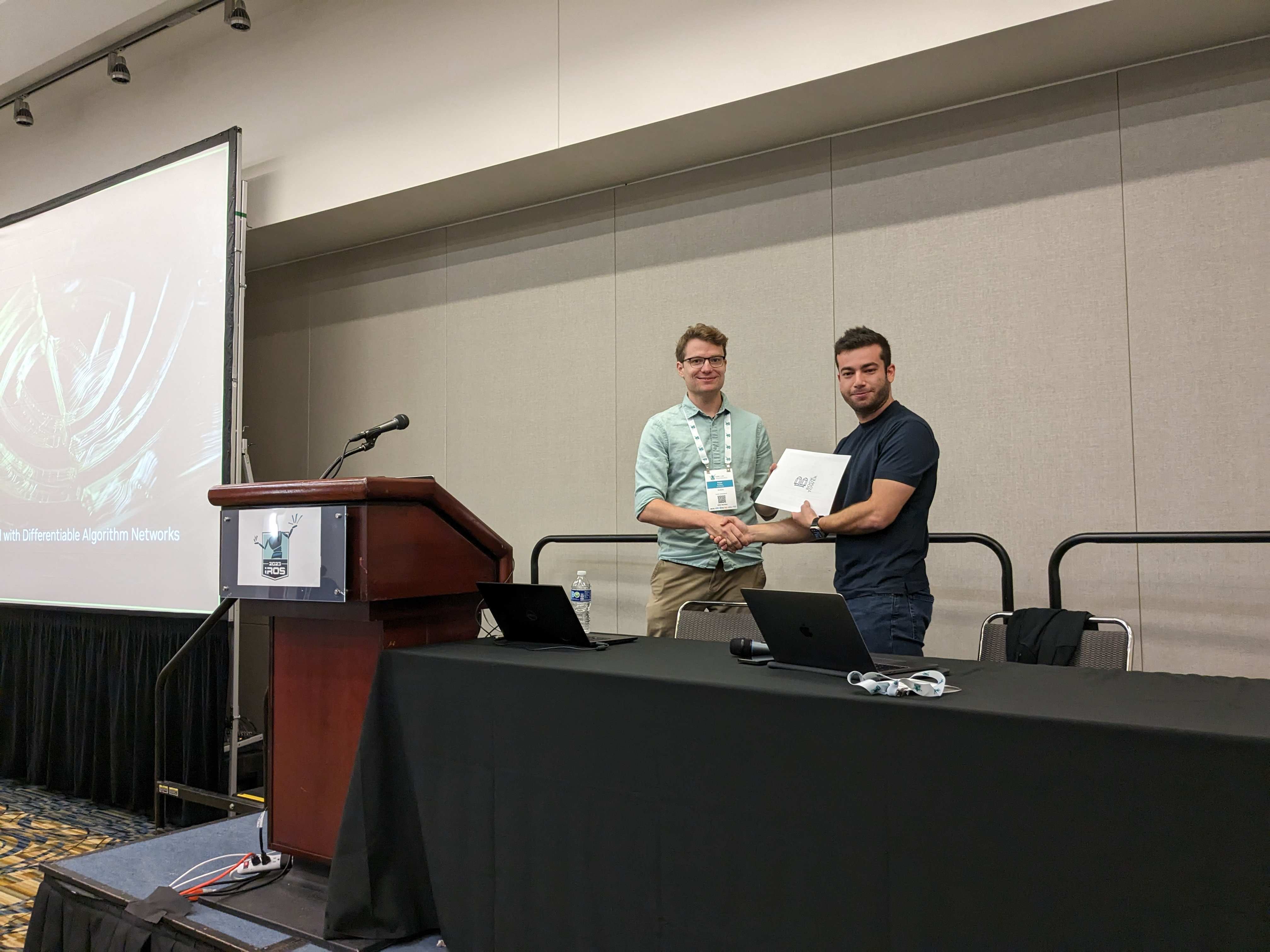
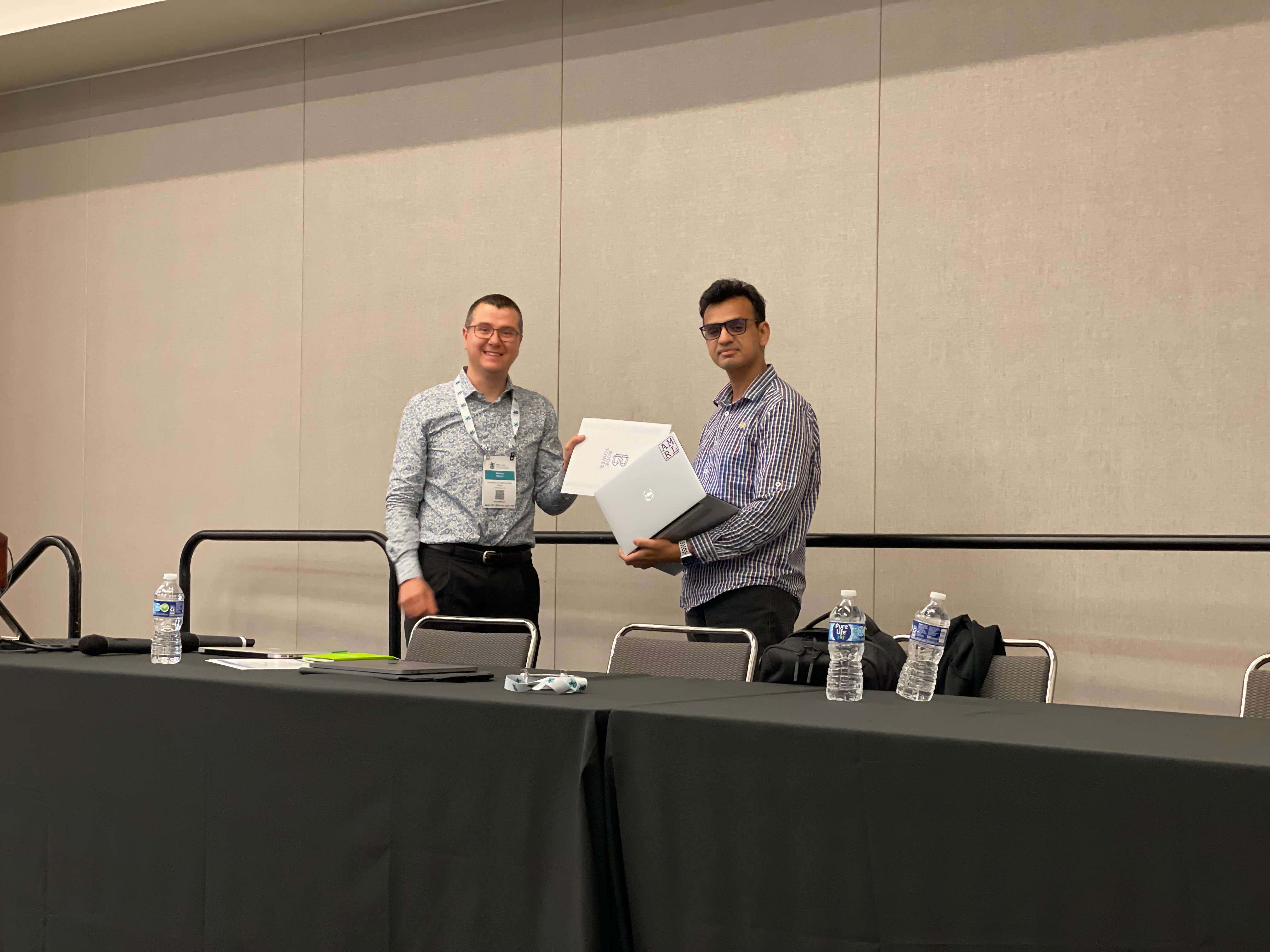
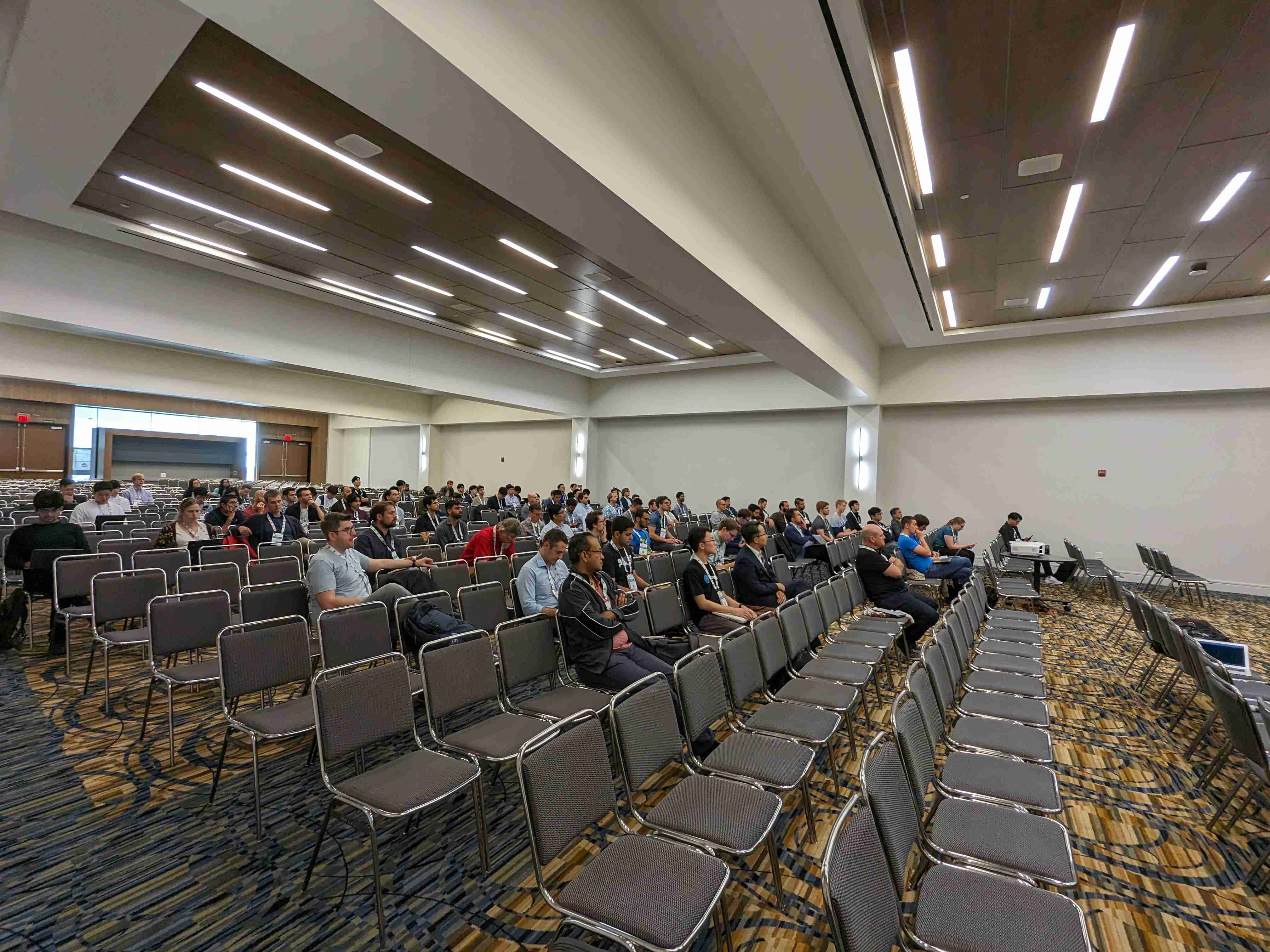
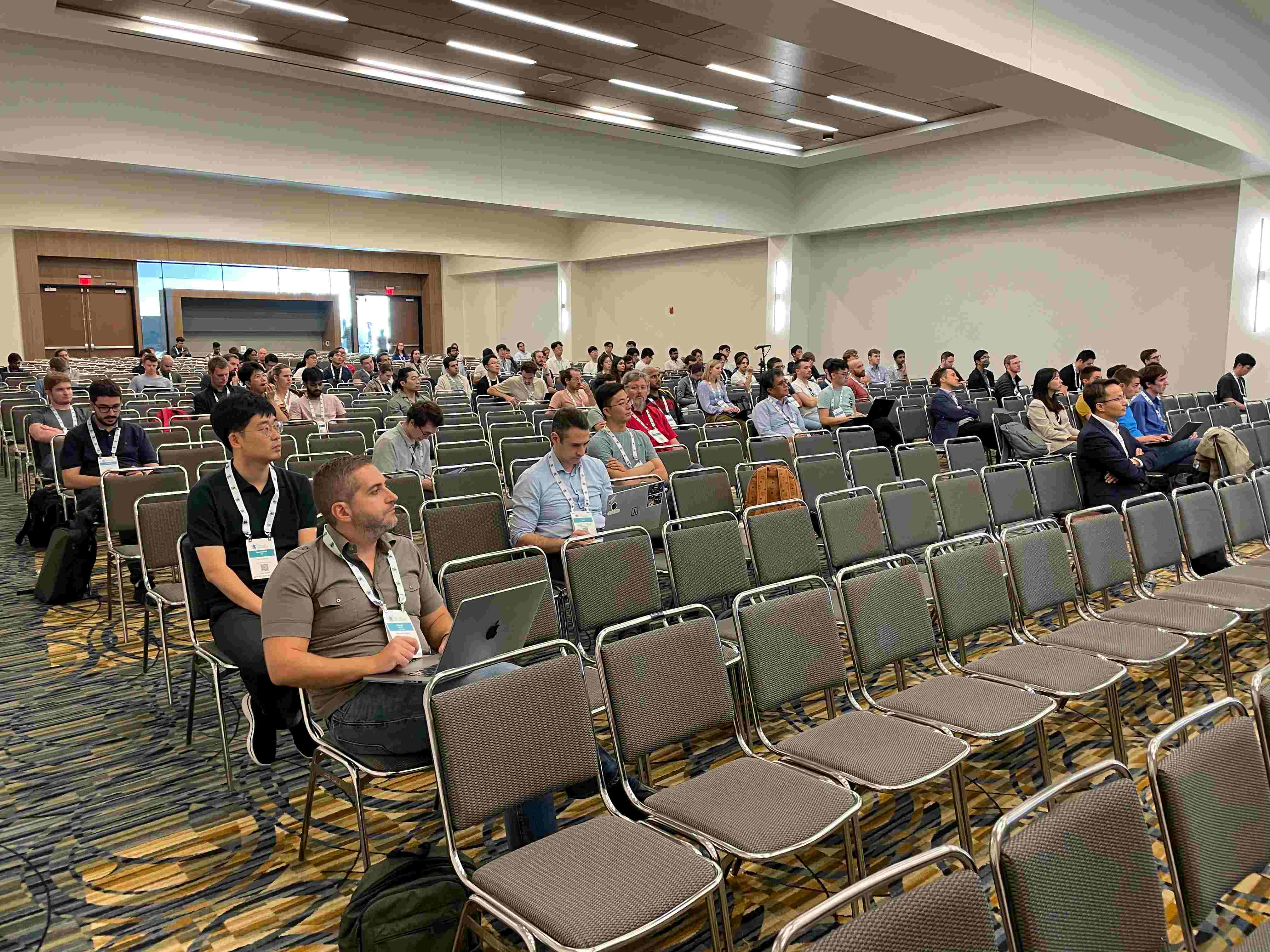
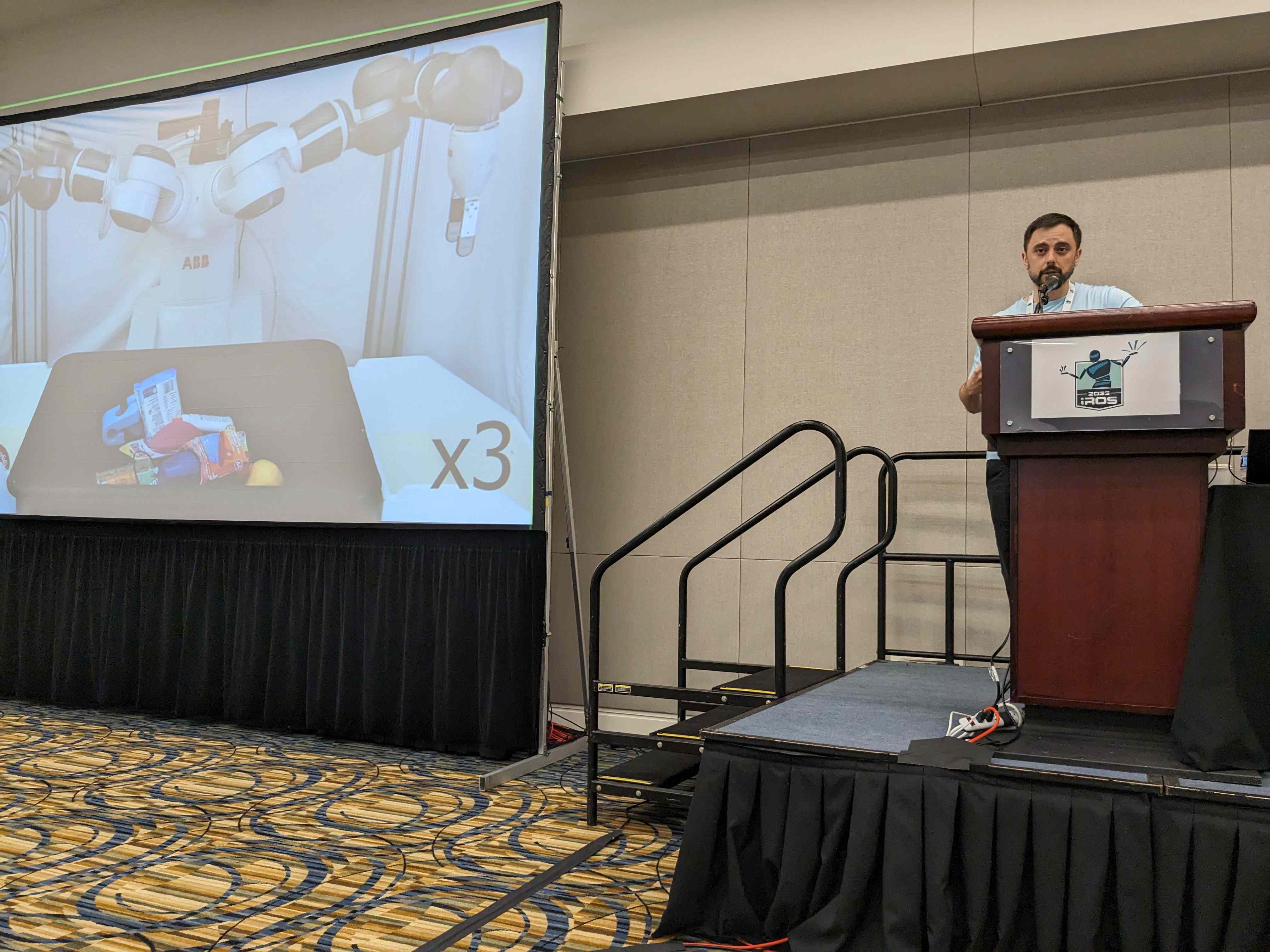
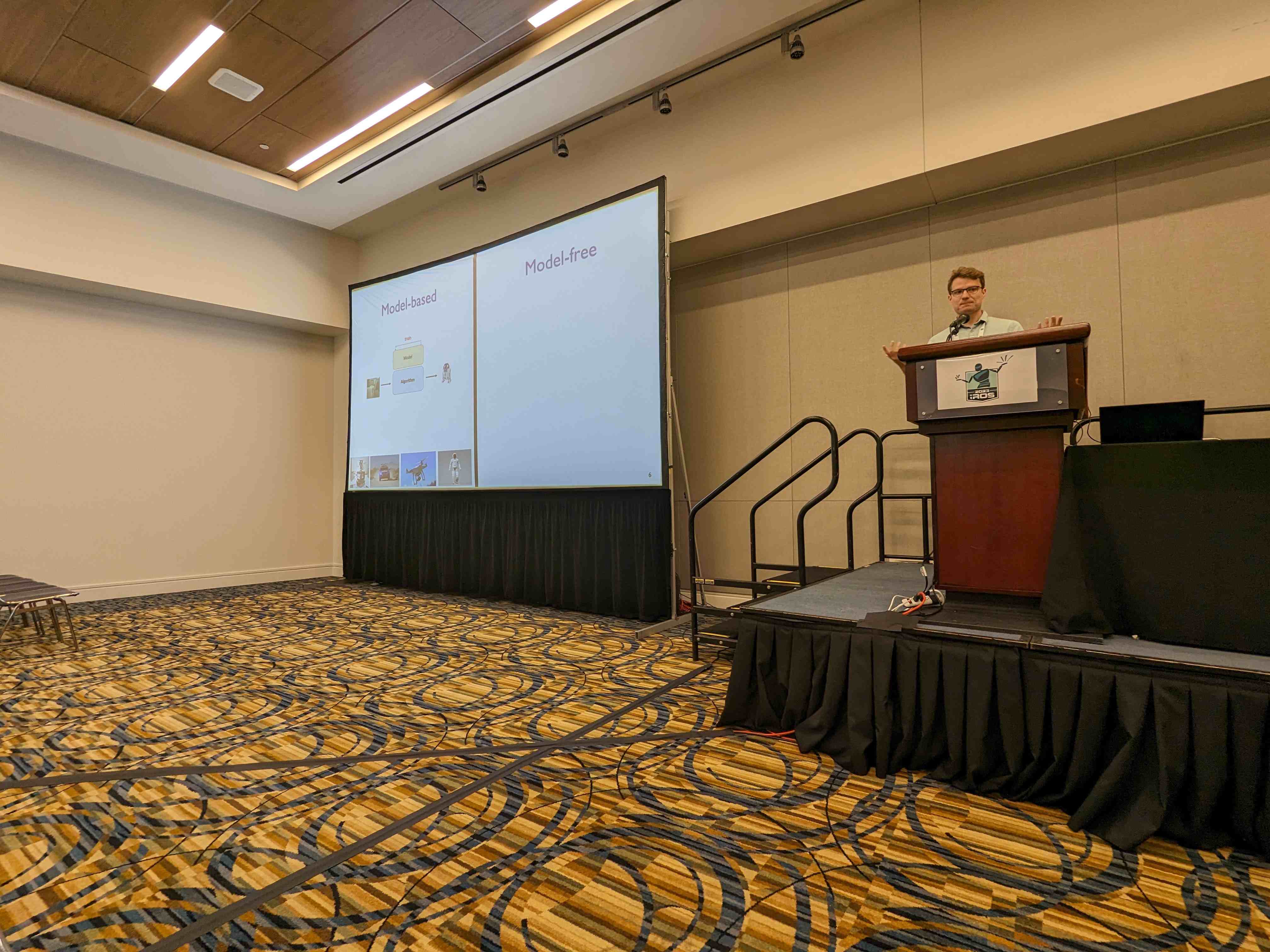
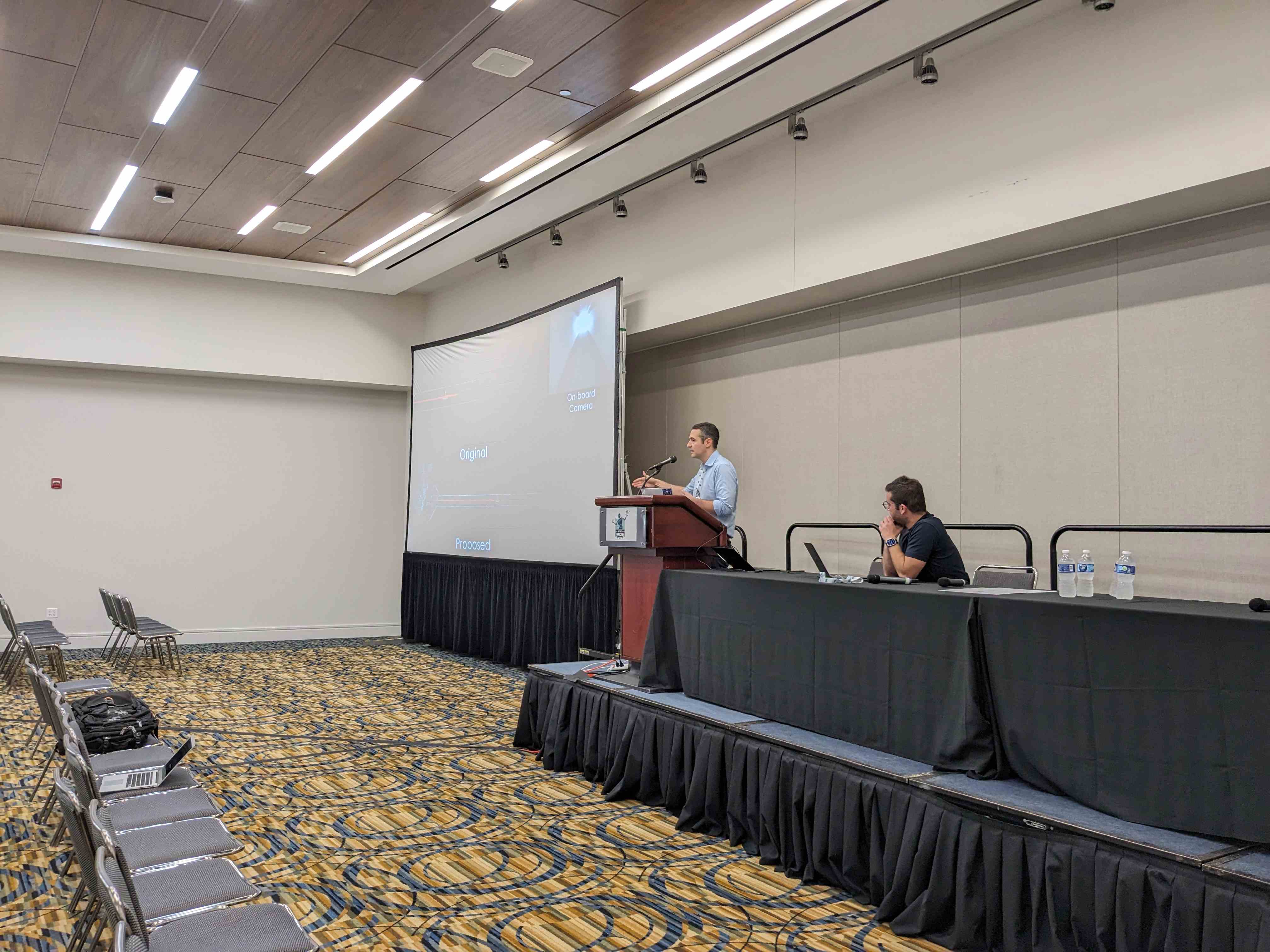
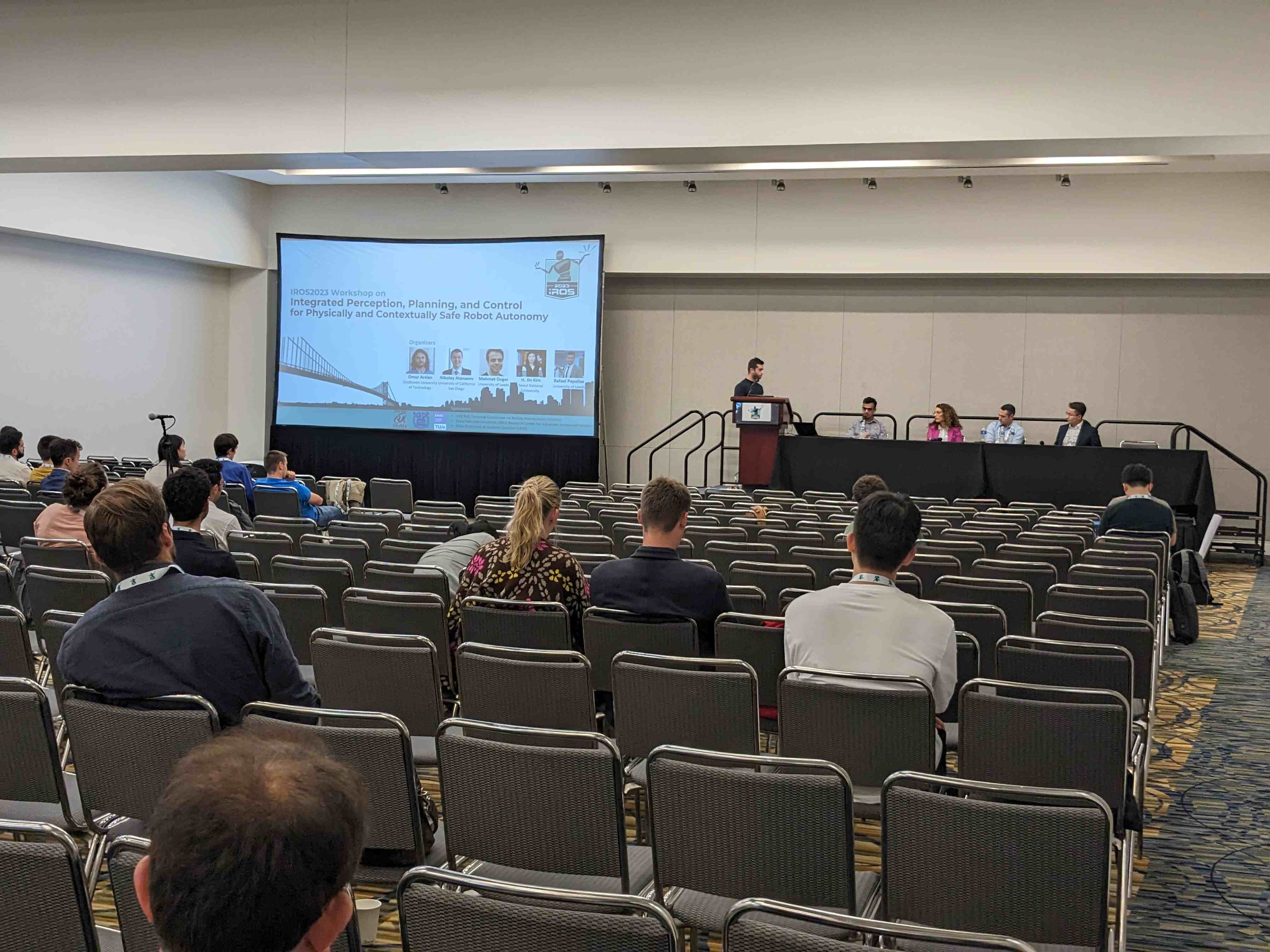
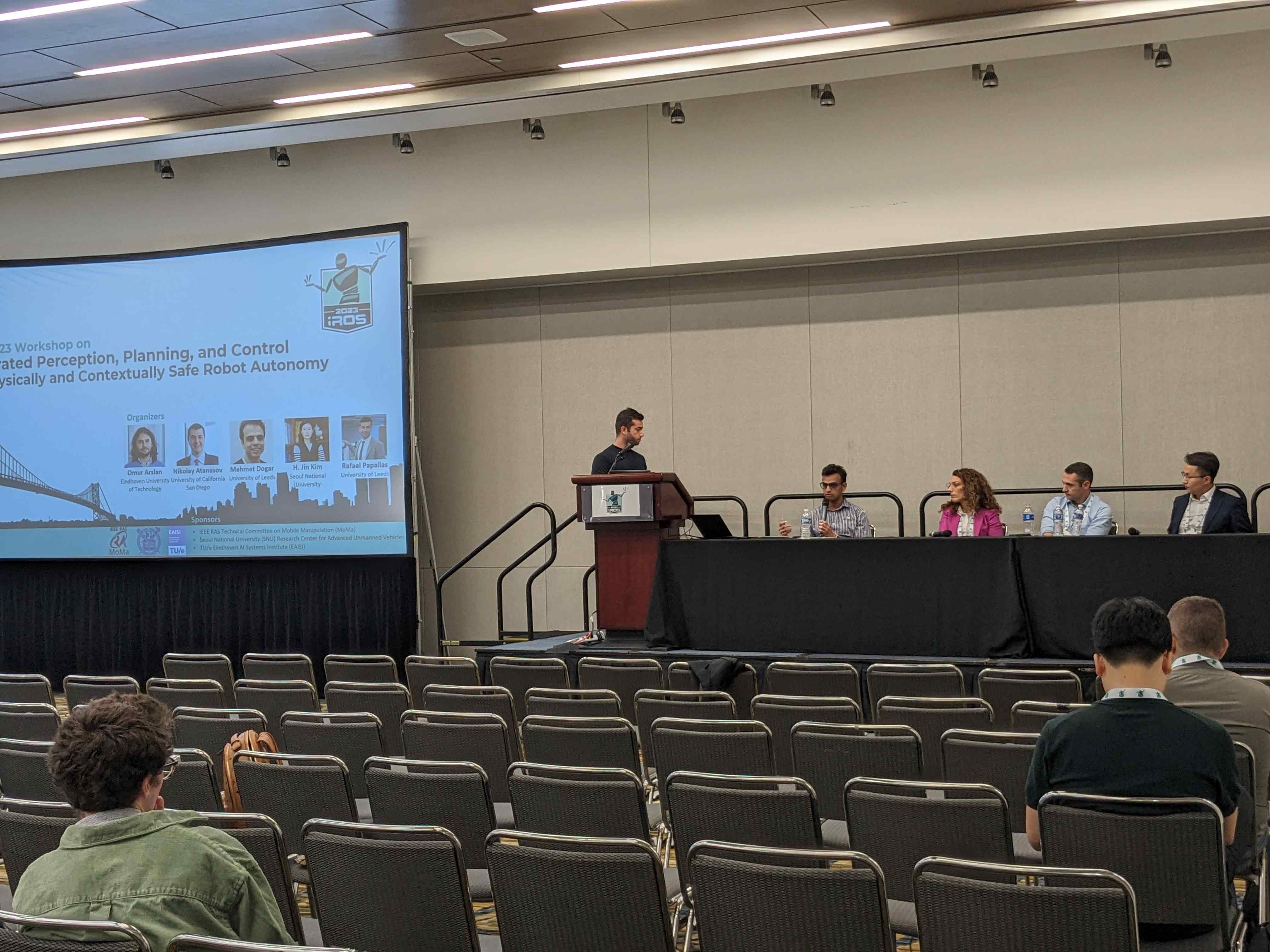
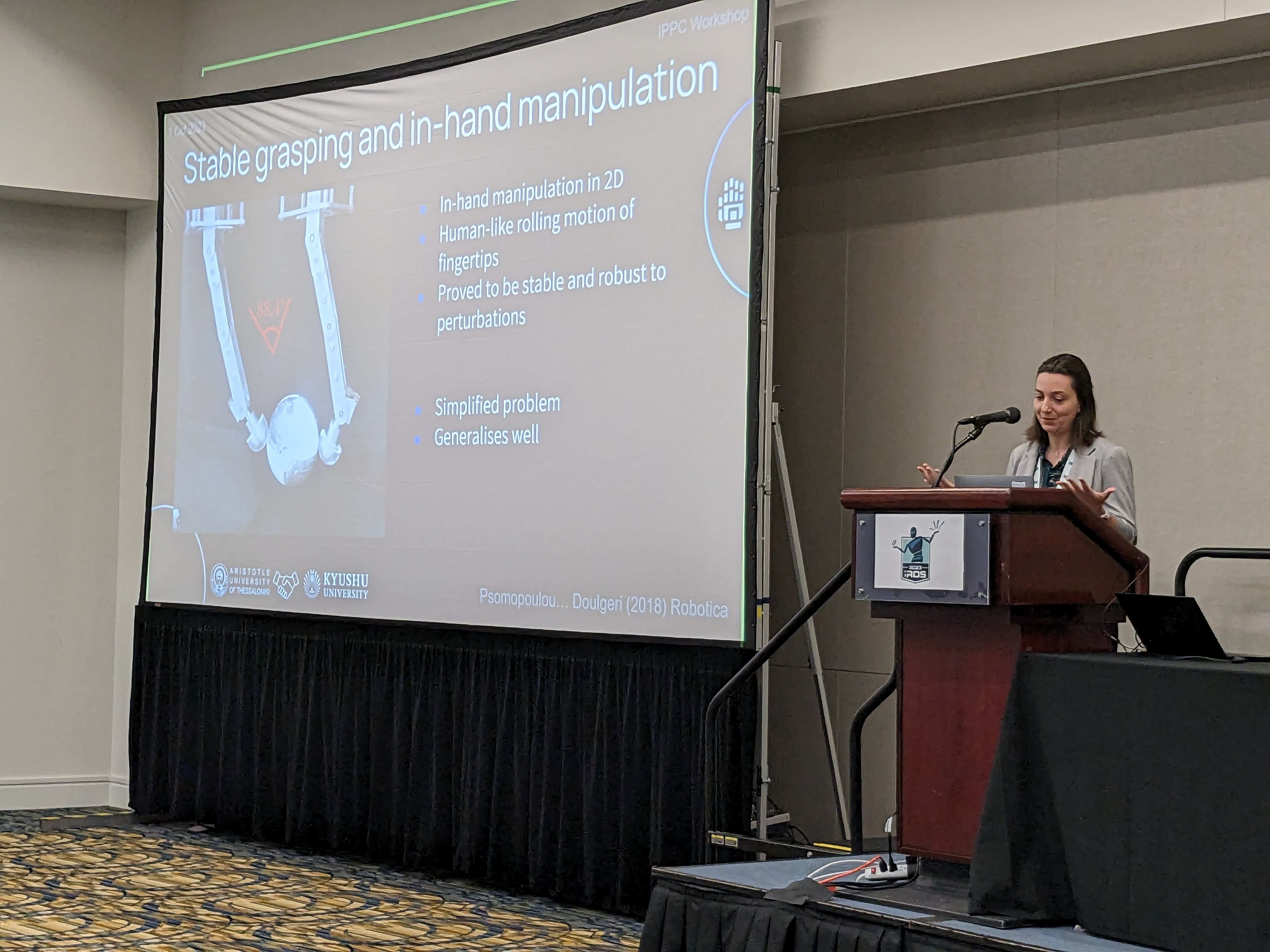
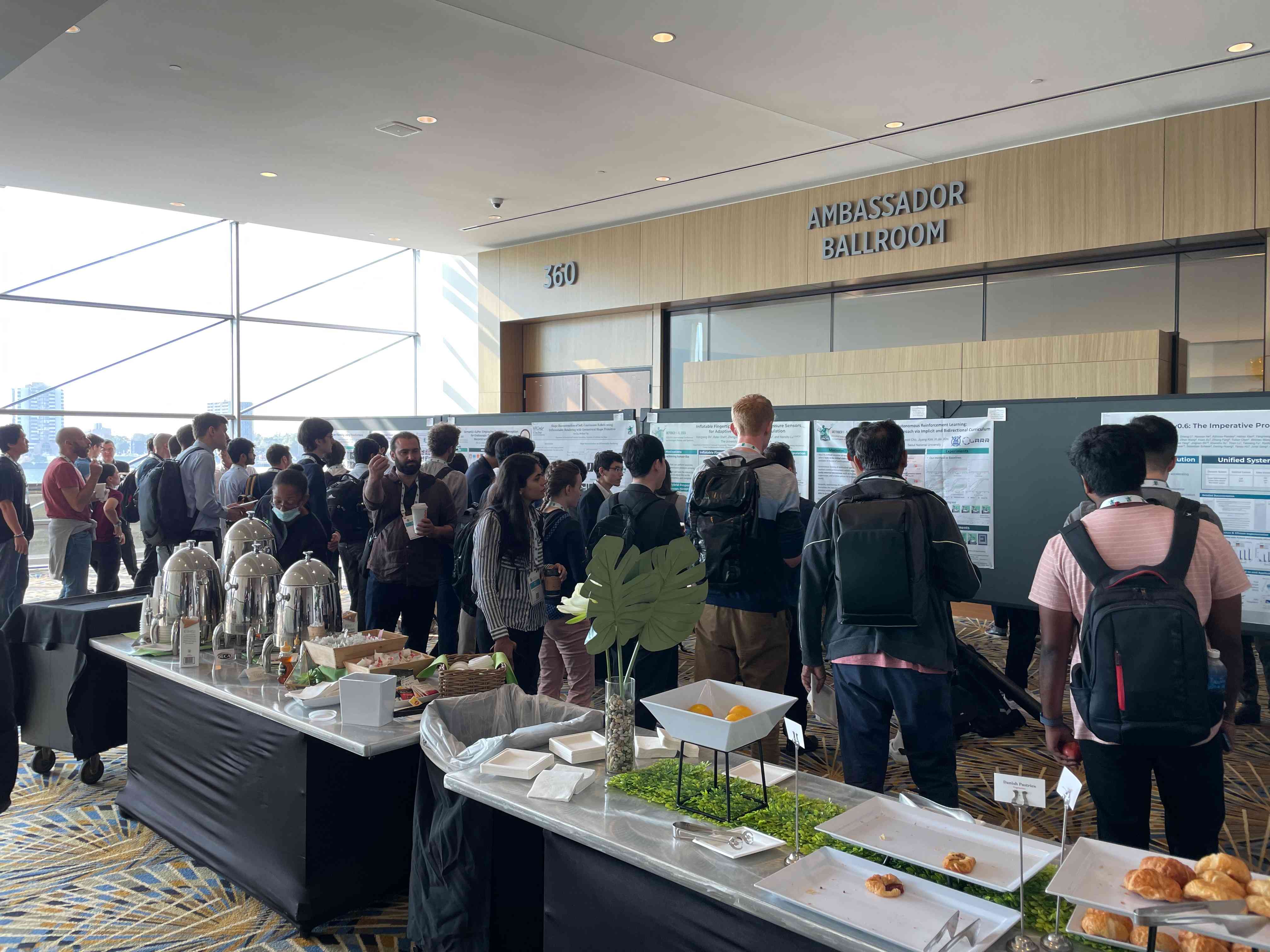
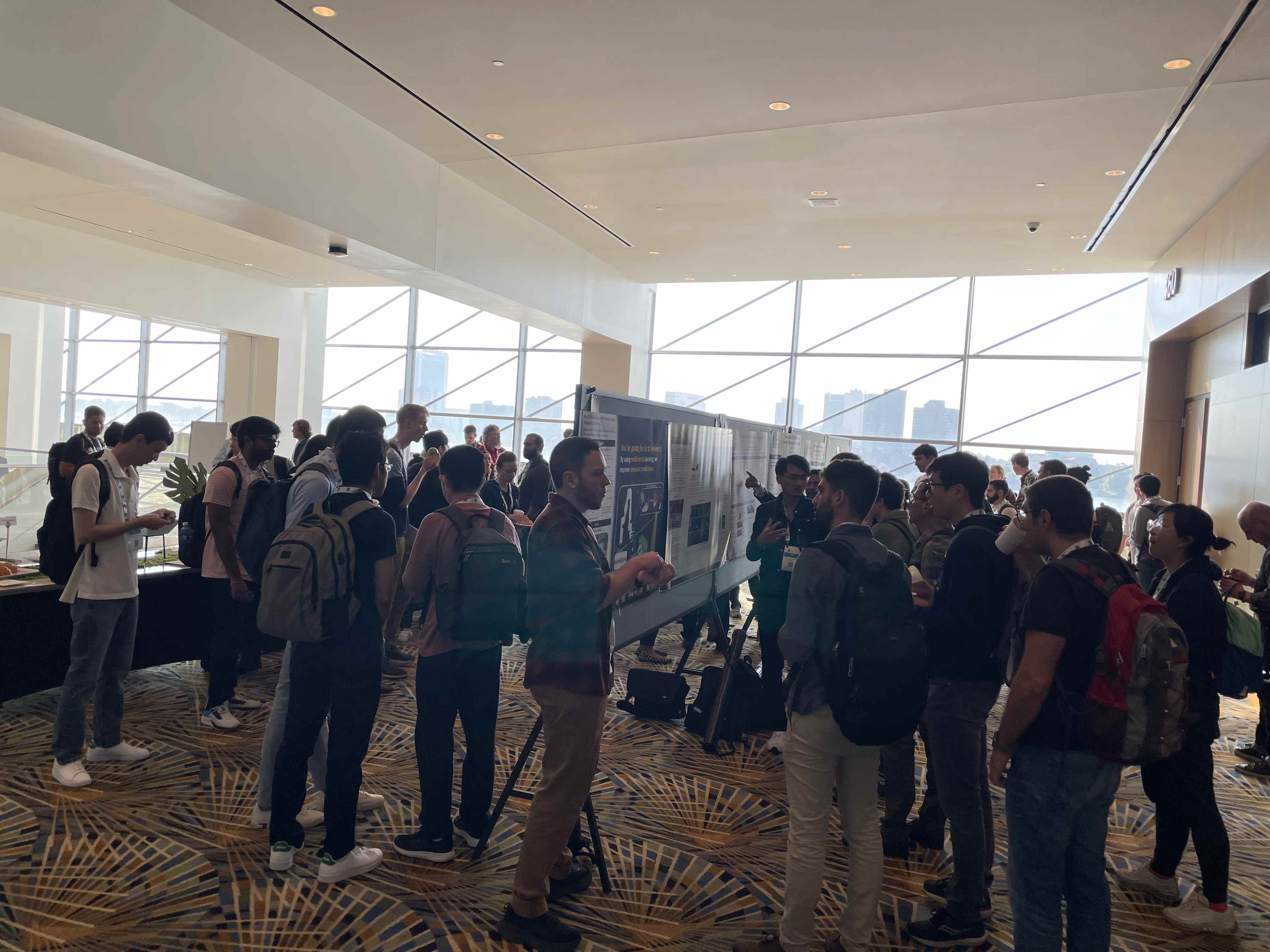
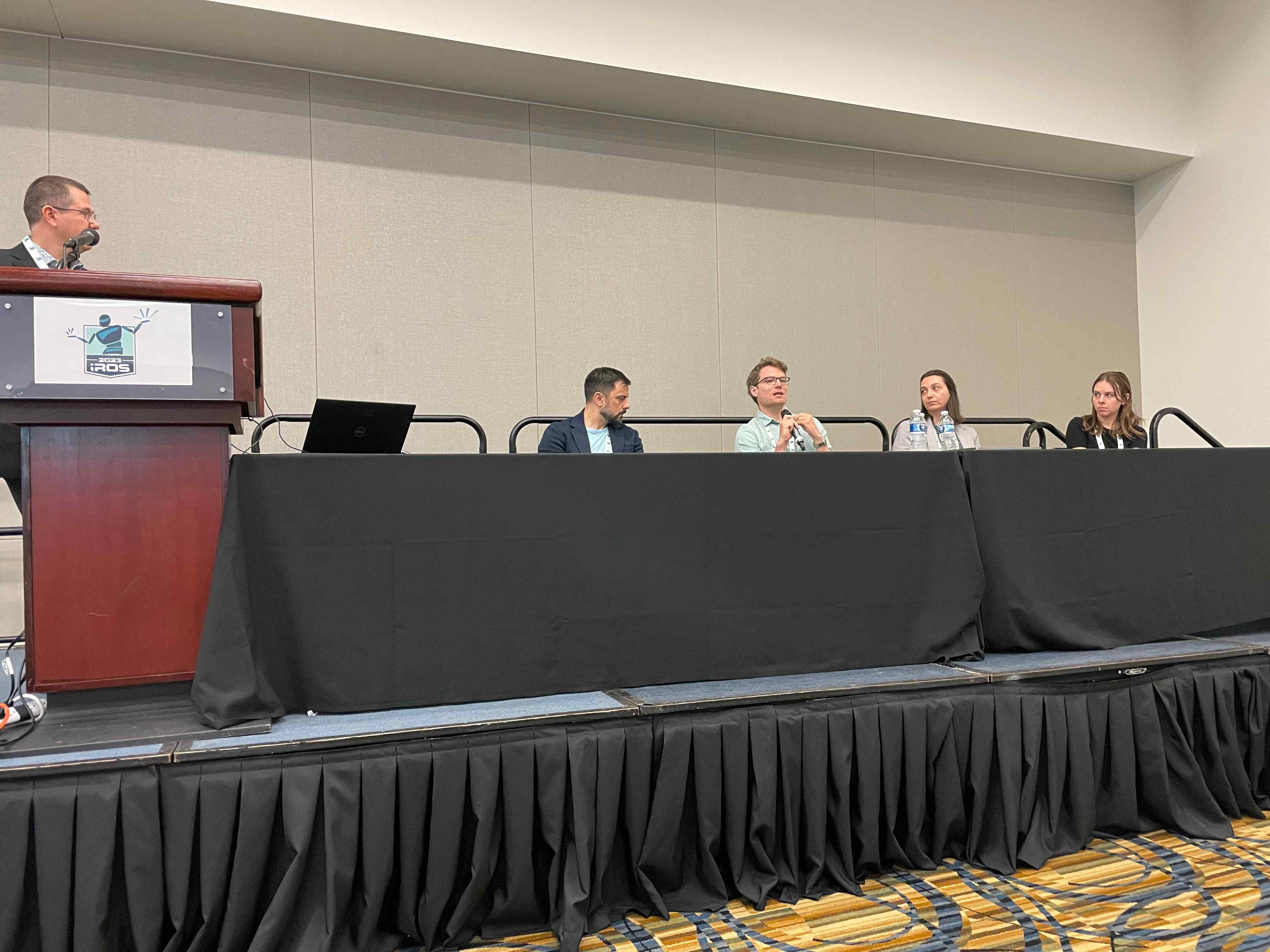
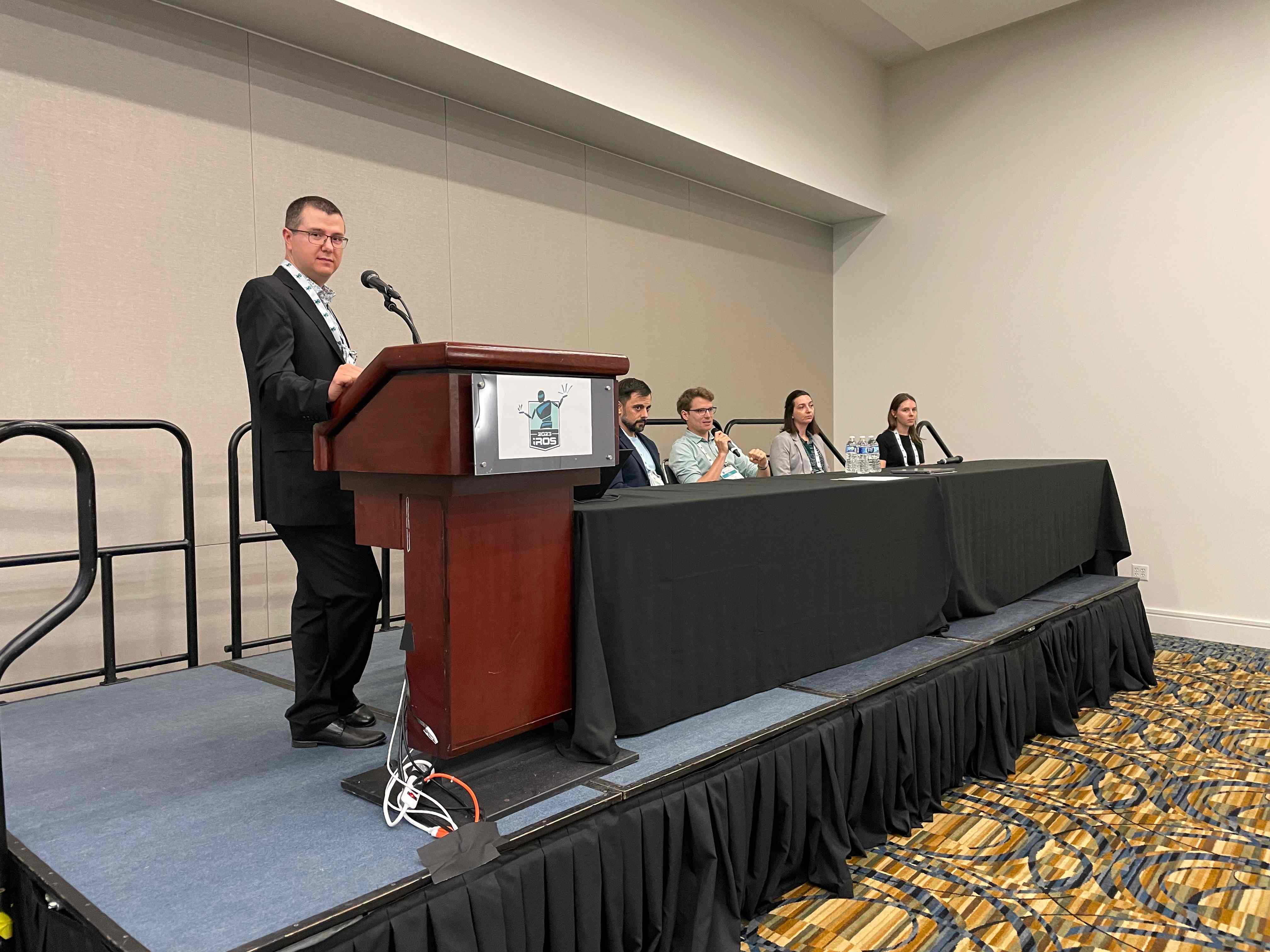
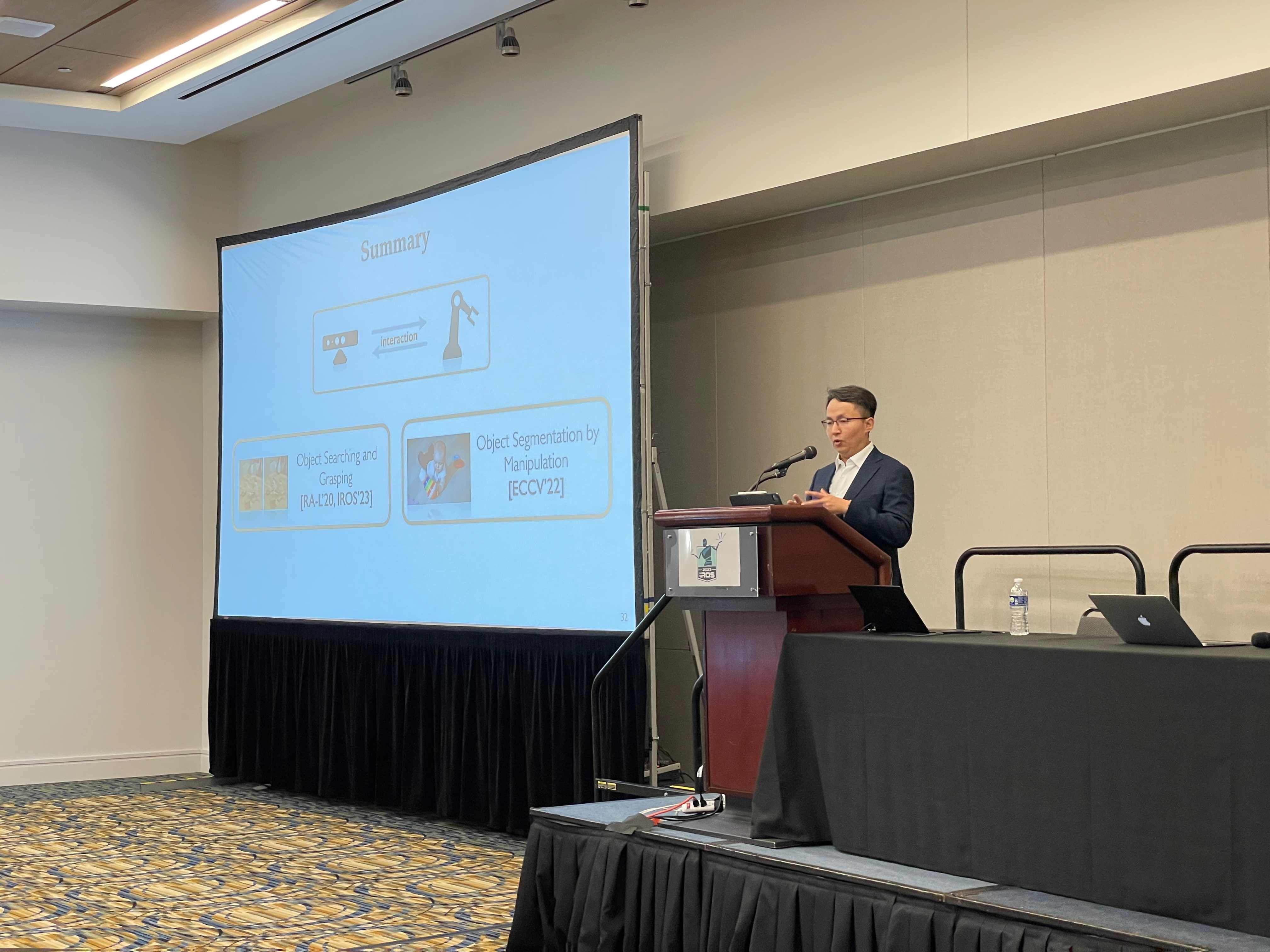
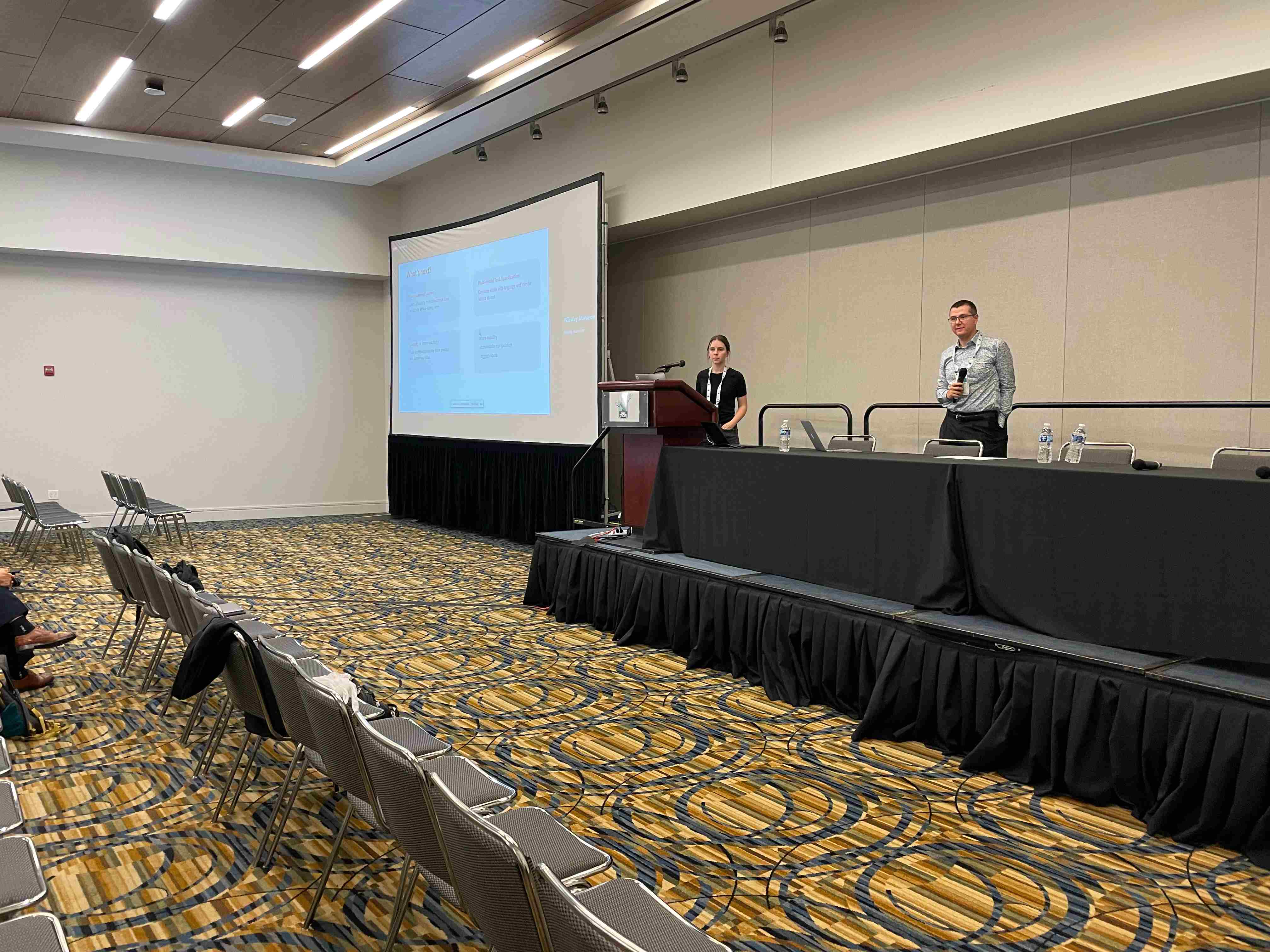
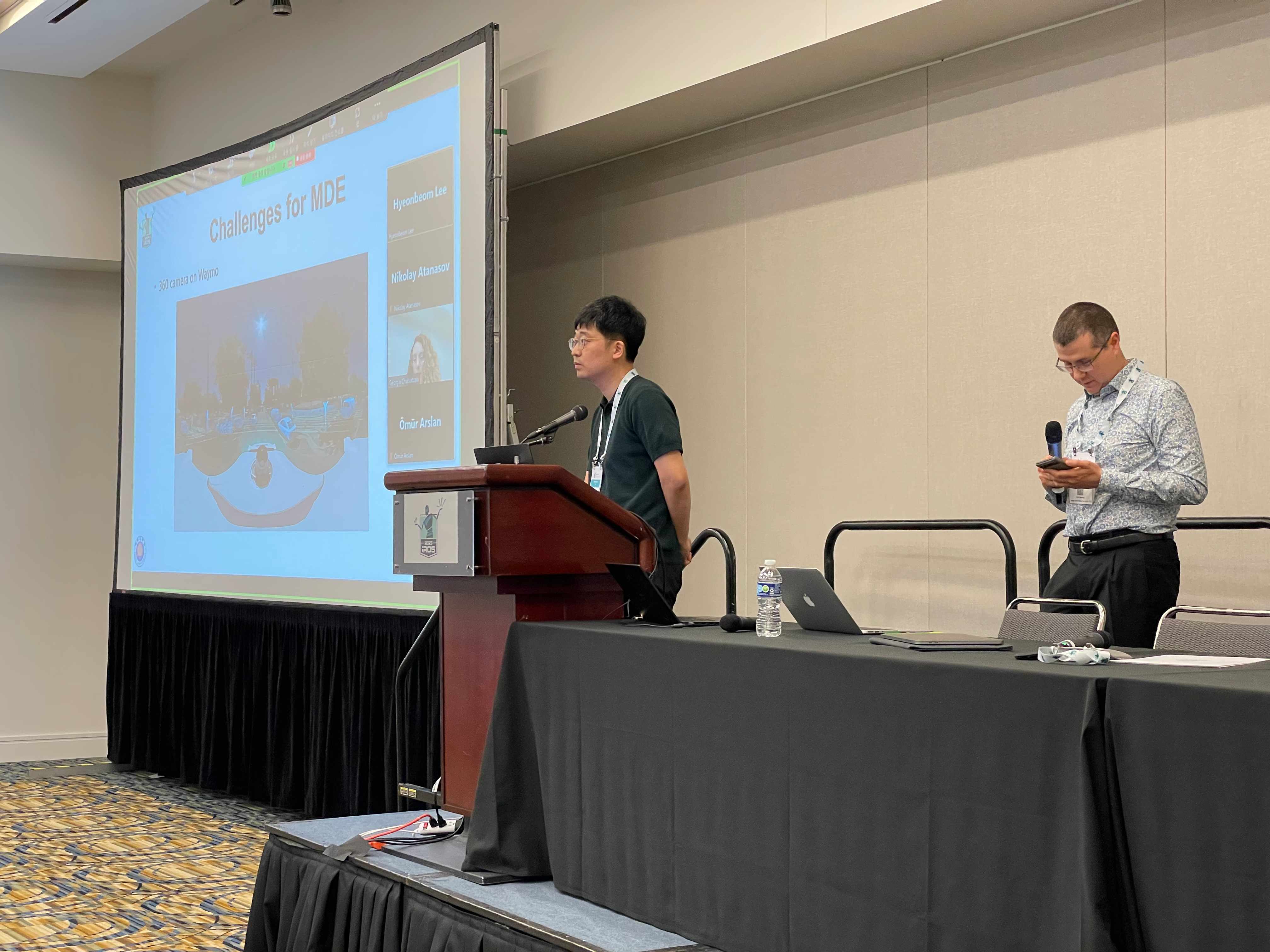
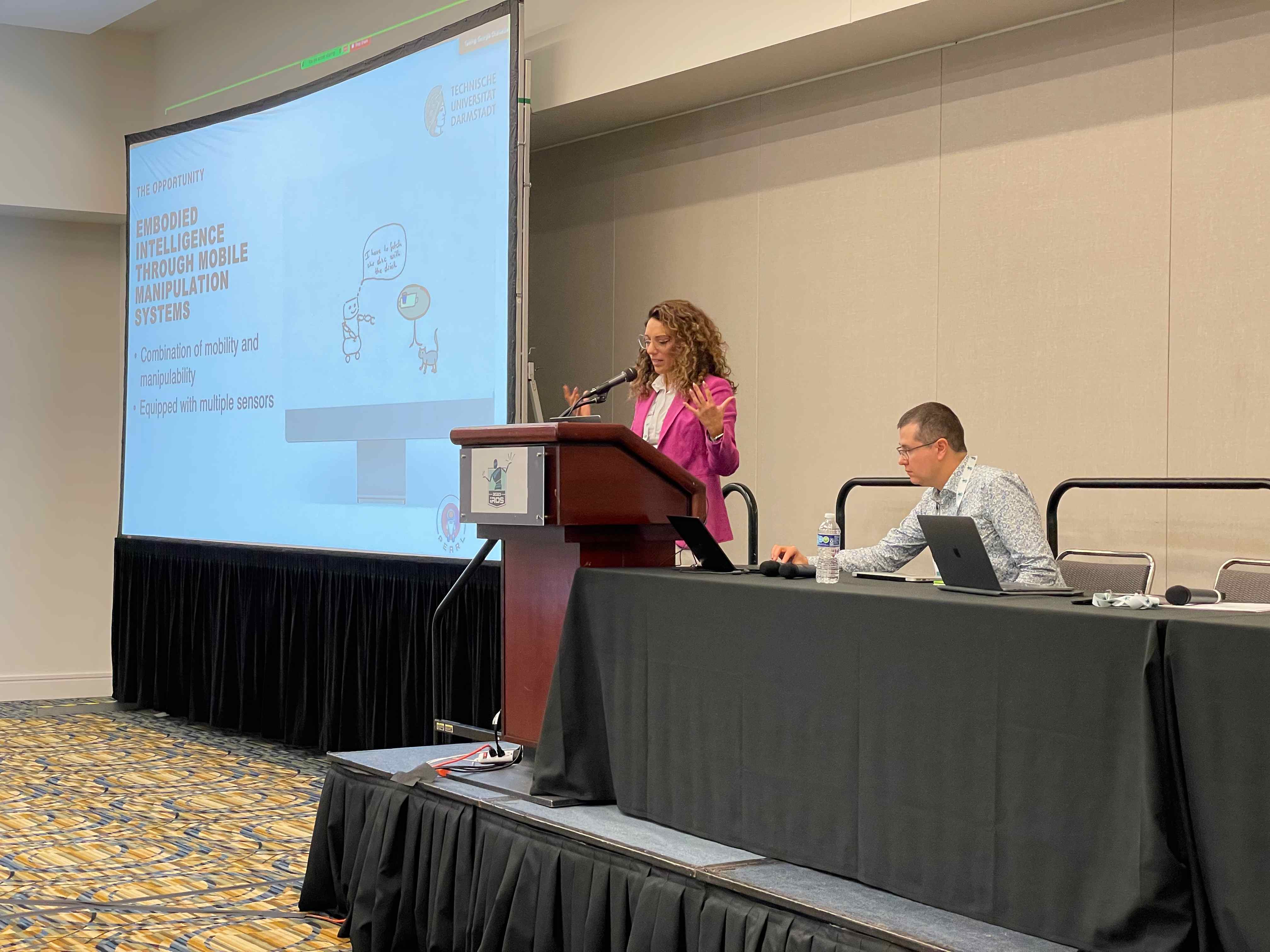
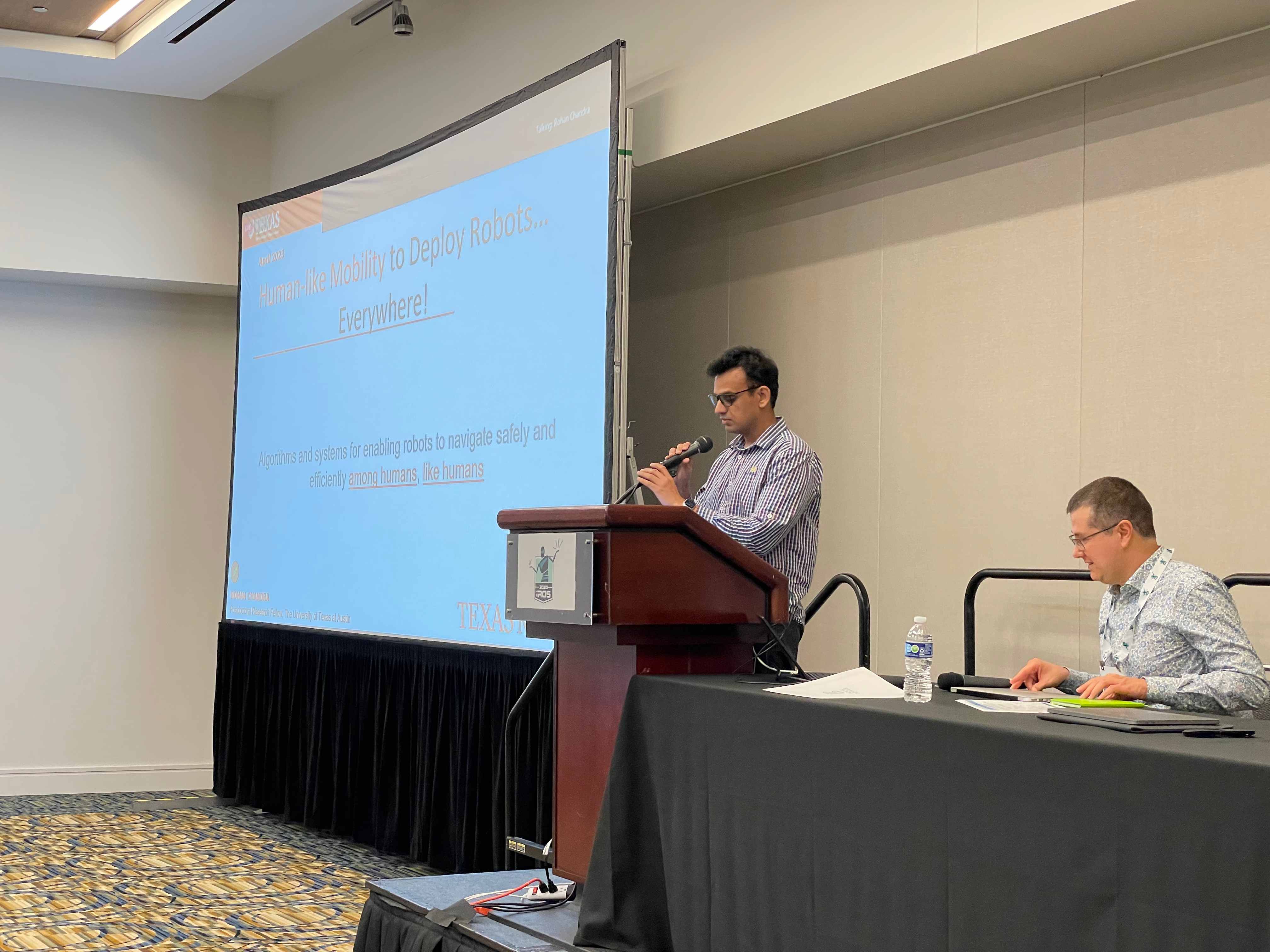
We are inviting paper submissions related to key challenges in perception, planning, and control for safe robot autonomy in human environments. Topics of interest include integrated perception, planning, and control; perception-aware motion planning and control; active and interactive perception; semantic perception and semantic planning; contextual risk and safety assessment of perception, planning, and control; uncertainty and error quantification in metric-semantic perception; uncertainty and error quantification in robot skill learning; egocentric and allocentric motion prediction for physical and contextual safety; perception for task and motion planning; affordance-based planning and control.
Contributed workshop paper submissions should be no longer than 4 pages (excluding references) and should follow the standard IEEE conference formatting guidelines (see here). The papers will be reviewed by a Program Committee, assembled from the organizers, the invited speakers, and other experts in the field. The Program Committee will provide at least 2 high-quality reviews per submission.
Accepted papers will be published on the workshop website and the authors will be invited to present their research during one of the workshop poster sessions. Not only will you have the chance to present your work to a diverse and engaged audience of academics, industry professionals, and fellow researchers but also you will be in the running for the Best Poster Presentation Award! Please stay tuned for the details.
Important Dates:We are inviting junior researchers, who are either close to completing their PhD or are recent graduates, to share their PhD research work and research vision with the robotics community at our workshop as a 20-min workshop talk.
Applicants must have either defended their PhD thesis after October 2020 or must in their 3+ years of PhD study. Applicants are invited to submit a talk proposal in the form of an extended abstract of up to 4 pages (excluding references) summarizing your PhD research on a topic of interest to the workshop.
The submitted talk proposals will be reviewed by the workshop Program Committee and two of them will be selected for presentation based on research quality and relevance to the workshop topics. In addition to presenting, the selected two junior speakers will receive the "Best PhD Talk Award" to recognize the excellence and impact of their work. Any submitted PhD talk proposal, by default, will also be considered for a poster presentation (see call for workshop papers above).
Important Dates:Outstanding research contributions to our workshop will be recognized by two PhD Talk awards and one best poster presentation award.
Our workshop accepts applications for a diversity grant from all contributing participants. A diversity grant is provided to encourage participant diversity (e.g., race, ethnicity, gender, age, economic status, and other diverse backgrounds) in our workshop. A diversity grant can be partially used for conference/workshop registration, accommodation, transportation, visa, etc.
To apply for a diversity grant, please submit a short motivation letter (maximum 400 words) with your paper submission for a poster presentation or a PhD Talk. Our total budget for diversity grants is $3,000 which is generously supported by SNU and MoMa. This total amount will be shared between selected applicants depending on their specific situations (e.g., at two or three levels --- $200, $500, $1,000).
Application for a diversity grant is optional and the grant acceptance decision will depend on the available limited budget, the number of applicants, and the relevance/motivation of the applications. We will aim to support as many people as possible to have a very diverse and inclusive research meeting.


